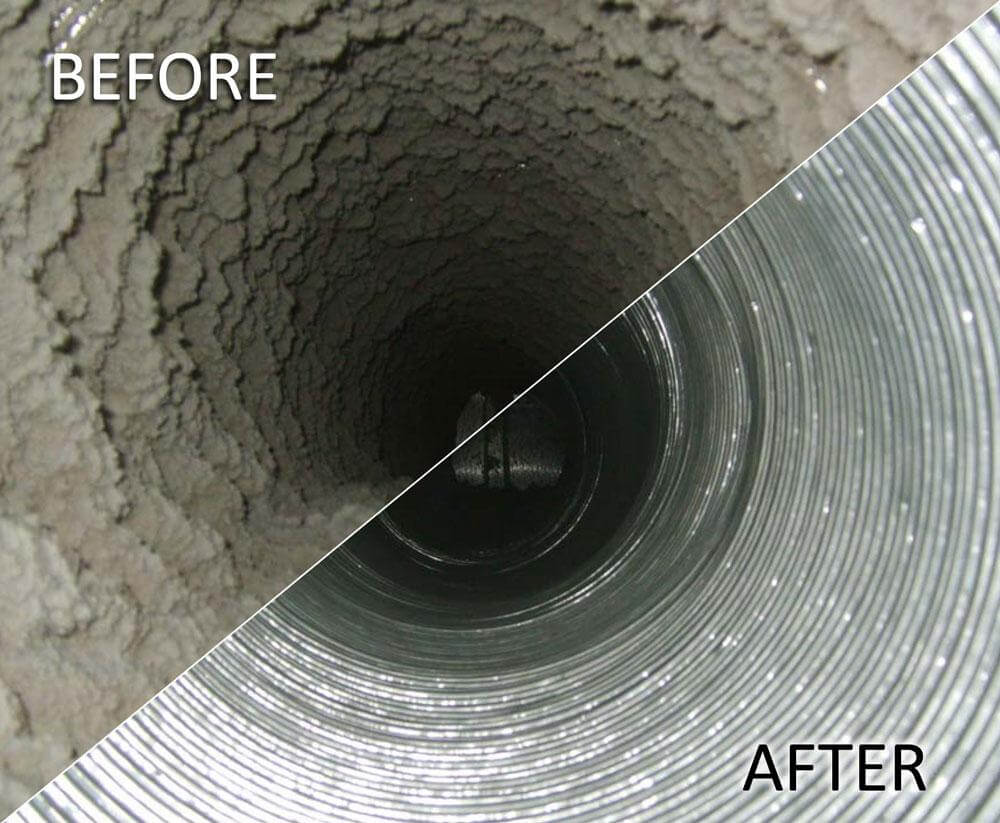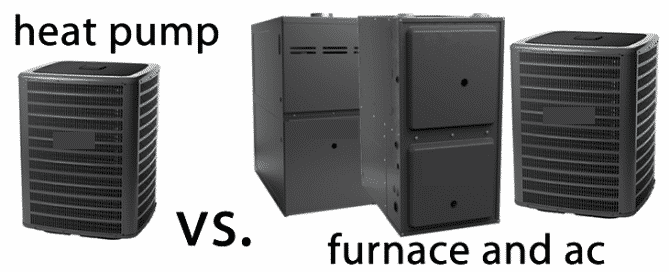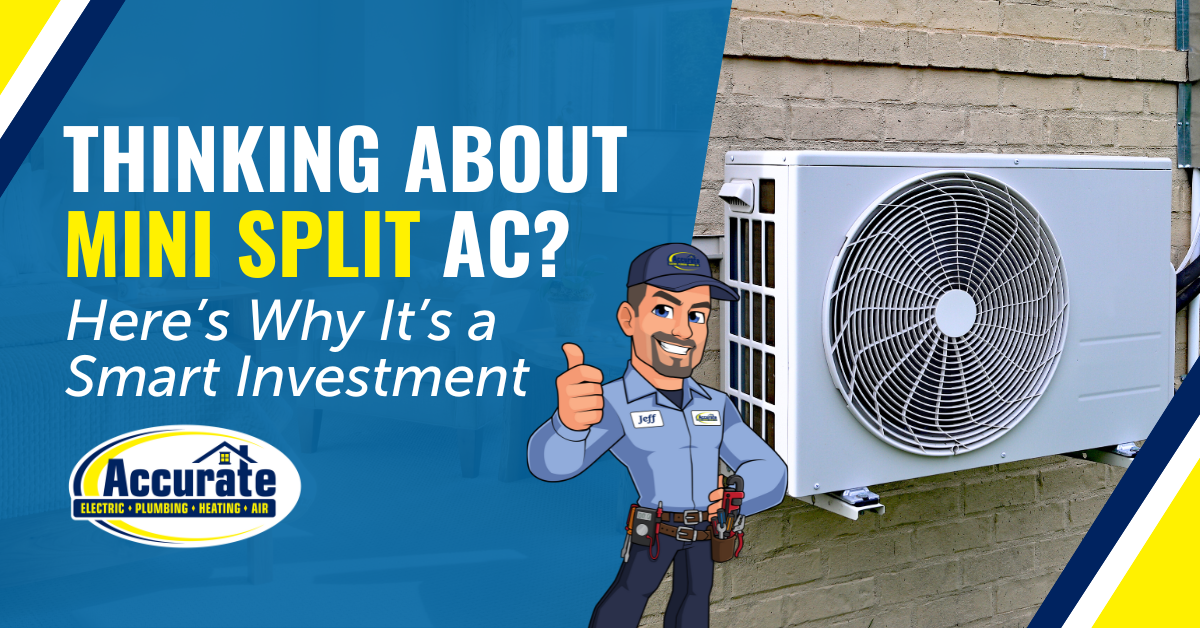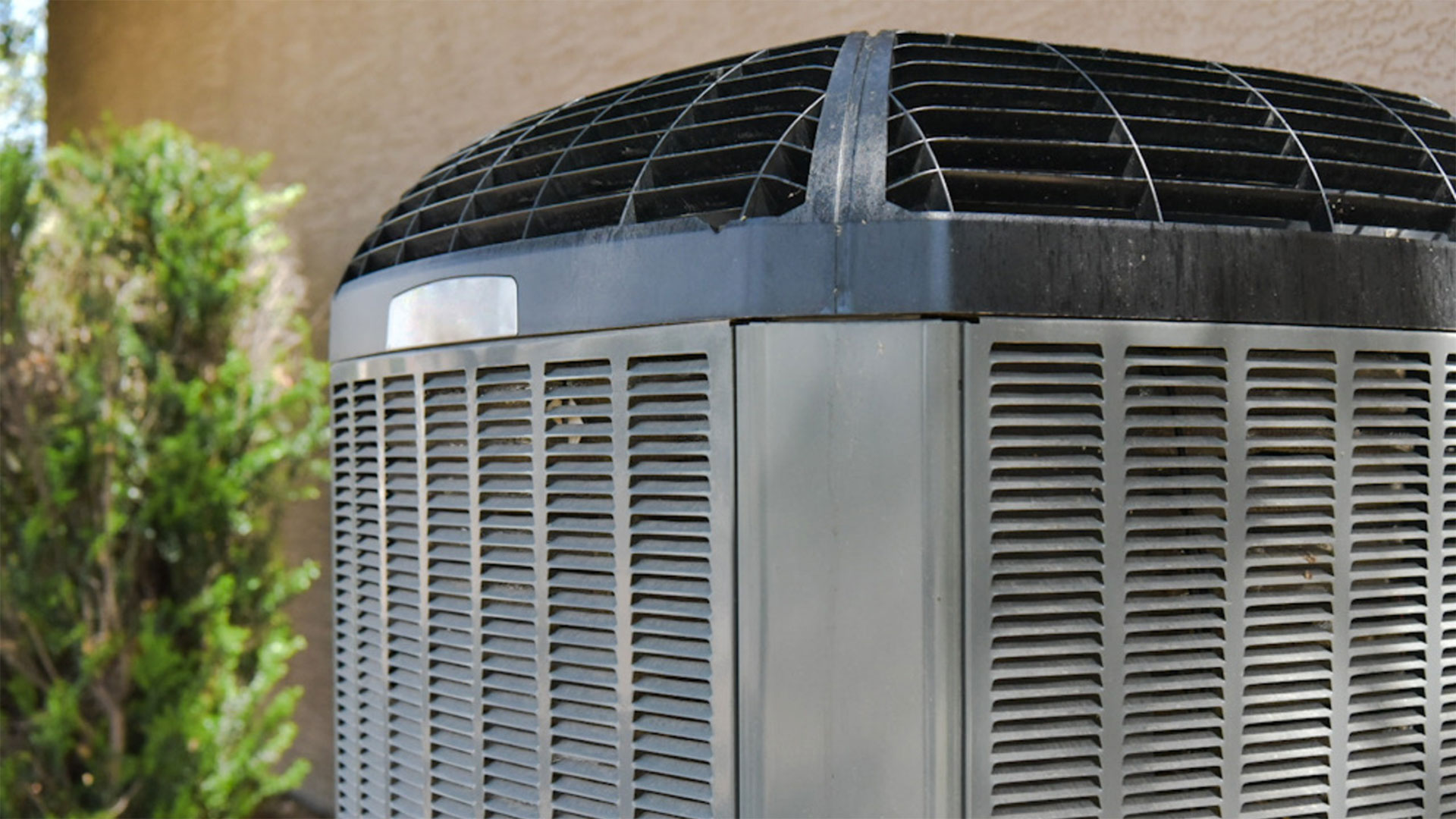Living in Southern California actually has its upsides when it comes to weather. Sure we are susceptible to Earthquakes, Wildfires, and Flooding, but when it comes to winter in Los Angeles County and Orange County, things could be worse. During typical winter months, Alaska residents power through a 67-straight-day stretch without sunlight while enjoying -20 degrees Fahrenheit average temperatures. In Idaho, residents in the mountainous regions are rewarded with 292 days of temperatures below freezing. And if you’ve ever been to Minnesota in January then, unfortunately, you know what -60 degrees Fahrenheit feels like with a wind chill factor that feels like you are being slapped.
Things for Southern California could definitely be worse and regardless of what people think, our winter is no fairytale with year-round sunshine. However, we still deserve to be comfortable when it gets cold outside. This begs the question – What is the best heating option (furnace vs heat pump) for our region in LA and Orange County? This question is especially important if you need a furnace replacement soon.
There are pros and cons to owning either a furnace or a heat pump for your home. While both are definitely dependable, there are factors to consider when making a decision about what the right choice is for your property. Whether you are concerned about safety, cost, energy efficiency, or general maintenance, you should always weigh the options of a furnace vs heat pump for your home.
HEAT PUMP

Safety – Heat Pumps use electricity to function so you won’t have to deal with Carbon dioxide leaks but they do use refrigerants which pose risks
for leaks.
Cost – Using electricity ensures you don’t have to worry about buying propane, or fuel. The annual operating costs are cheaper due to the actual technical way the heat pump functions, however, heat pumps can be extremely expensive if outside temperatures dip below freezing.
Energy Efficiency – Heat pumps are like the shepherds of warm air. They use
fans to move air from the outside to the interior of your home where the air is heated through coils and circulated by a blower. Heat pumps do not use fossil fuels but instead utilize the outside air and redistribute it through your home. Most heat pumps are ideal for single-unit apartments, smaller family homes, and even older historic homes due to their economic efficiency within warmer climates.
General Maintenance – While Heat Pumps are more flexible with their varying size, installation is not recommended without a professional. Maintenance on a Heat Pump can be relatively pricey depending on the incident or type of repair needed but the average lifespan with a standard maintenance plan is around 14 years.
Heat Pumps are ideal for mild climates that do not experience extreme heat or extreme cold. If the outside temperatures have a huge differential, it causes the Heat Pump to use more electricity which will not fair well with your monthly energy costs. Thankfully, you don’t have to deal with below-freezing temperatures in Southern California.
FURNACE

Safety – Furnaces have backup systems that help protect homeowners and property owners against any fumes entering the interior of the home if the pilot light is out. With gas-powered furnaces, there is always a risk (although small) for unexpected gas ignitions or carbon dioxide leaks. Furnaces are typically better served for bigger spaces.
Cost – While gas is typically cheaper than electricity in the long run, fuel and natural gas prices can always vary based on the market. Furnaces are ideal for harsh climates and big gaps in temperature change. A furnace replacement or installation may be a bit lower than a Heat Pump, however, the cost would highly depend on the size of your home, the type of furnace installed, and how warm you like your living space.
Energy Efficiency – Depending on the size of your home, a furnace’s efficiency can vary. Getting the most out of the energy consumed to run the system doesn’t add up to a full 100%, so a furnace can be harder on the environment if you are keeping your carbon footprint in mind. You can purchase and install electric furnaces that are more efficient but remember you must allocate extra space when having a furnace in your home. The components of a furnace are larger and if you want to use the furnace with air conditioning, you will need outdoor space as well.
General Maintenance – Maintenance and repairs on a furnace tend to be cheaper than those of a heat pump. Most repairs are cheaper due to the stable components a furnace system offers. Furnaces have less wear and tear so provided you regularly have preventative maintenance, in the long run you won’t spend an arm and a leg fixing any breakdowns. The average lifespan of a furnace is 16-20 years.
Furnace vs Heat Pump – Final Thoughts
The climate of Southern California and the size of your home are the most important factors in figuring out what works best for you. Based on our mild winters and the type of long summers we are lucky to have, Heat Pumps tend to be the selected favorite. They run cleaner, use less energy, don’t use fossil fuels, and are safer in the long run when considering carbon monoxide poisoning or gas leaks and potential explosions in extreme cases.
While furnace systems are cheaper in the long run, when it comes to repairs and maintenance, the furnace is dependant upon combustion and using gas or oil to ensure heating is distributed properly. A furnace alone cannot cool air, however, can be utilized to work cohesively with an outside unit for air conditioning use. If you lived in Minnesota you wouldn’t be able to survive the winter without a furnace. Luckily So Cal doesn’t have bone-clenching windchills during the winter months.
Accurate has an abundance of experts working around Los Angeles County and Orange County, so they know this climate well and can answer any questions you may have regarding your unit. Whether it’s a furnace vs heat pump, no answer is wrong, but Accurate can always help assess if you are getting the most efficiency out of the system you currently have and also provide insight into the system your property should have.
Give us a call and we can answer any questions you might have.





